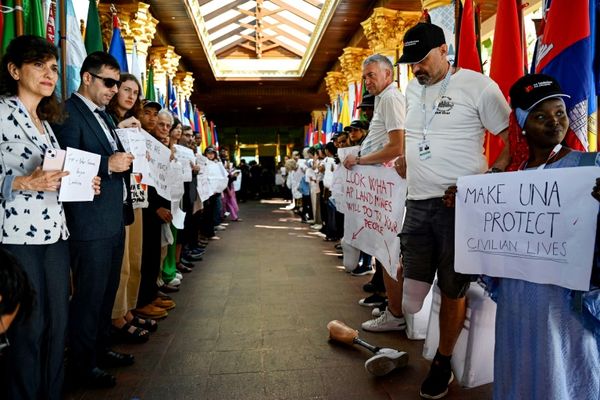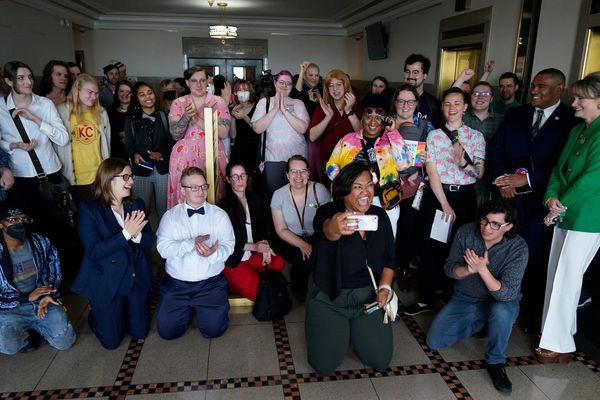WASHINGTON _ Days before a nationwide immigration raid targeting thousands of undocumented immigrants is set to begin, there is no indication that safeguards are in place to protect military veterans or their dependents who are not American citizens.
There are approximately 100 non-citizen veterans currently in deportation proceedings with Immigration and Customs Enforcement, a recent U.S. government report found.
In deference to their military service, ICE's policy is that non-citizen veterans are supposed to receive additional consideration by higher-level officials, have their cases tracked by the government and have their potential deportation weighed against factors in their military service, such as time in combat, before action is taken to remove them from the United States.
However the Government Accountability Office reported last month that ICE had failed to meet those standards for many of the other 92 veteran deportations it has conducted since 2013. In its response to the report, ICE said it planned to put additional safeguards in place, but no timeline was provided.
There was no indication that those safeguards would be in place in time for current veterans who may be targeted, said Meaghan Lynch, a spokeswoman for Sen. Kamala Harris, D-Calif.
"(We) haven't seen anything from the administration stating that they will take this into account," Lynch said.
There were additional questions as to whether protections for undocumented military family members would be in place. Earlier this month the administration confirmed to McClatchy that it was reviewing whether to continue "Parole in Place," a program that was implemented during the Iraq War to ensure that deployed service members would not be distracted by the potential deportation of loved ones while they were serving overseas.
President Donald Trump, responding Friday to a reporter's question about whether undocumented family members of veterans would be protected in the upcoming raids, said: "We are looking at that."
An immigrant advocacy group, American Families United, reported in 2018 there may be as many as 11,800 active duty service members or veterans with one or more undocumented dependents in their family, such as a parent or spouse.
For the approximately 100 military veterans now in deportation proceedings, it was also not clear whether the extra reviews they should receive under ICE policy would be implemented.
Non-citizens can enlist in the U.S. military as long as they have legal status in the United States at the time of enlistment, such as a temporary visa or a green card. If those service members do not pursue naturalization while in the military or afterward, and their legal status has either expired or they have criminal convictions on their record, they could be targeted for deportation.
The GAO report said that of the non-citizen veterans who had been deported, more than half had received either an honorable discharge or a general discharge under honorable conditions from the military.
It was their activity after military service that led to deportation.
"ICE exercises prosecutorial discretion for members of the armed forces who have honorably served our country on a case-by-case basis when appropriate," the agency said in a statement. "Still, applicable law requires ICE to mandatorily detain and process for removal individuals who have been convicted of aggravated felonies."
The crimes included 20 convictions for sexual abuse, including 18 instances where minors were involved and "21 had convictions related to homicide, assault, or attempted homicides or assaults," the GAO found. The aggravated felonies in 32 of the cases were drug-related and 16 involved theft.
Had they become citizens, the veterans would have faced criminal penalties, but not been deported.
Trump said undocumented persons with criminal backgrounds would be the primary targets this weekend.
"It's a major operation," Trump said. "It starts on Sunday and they are going to take people out and bring them back to their countries."
"We're focused on criminals as much as we can," he said.







